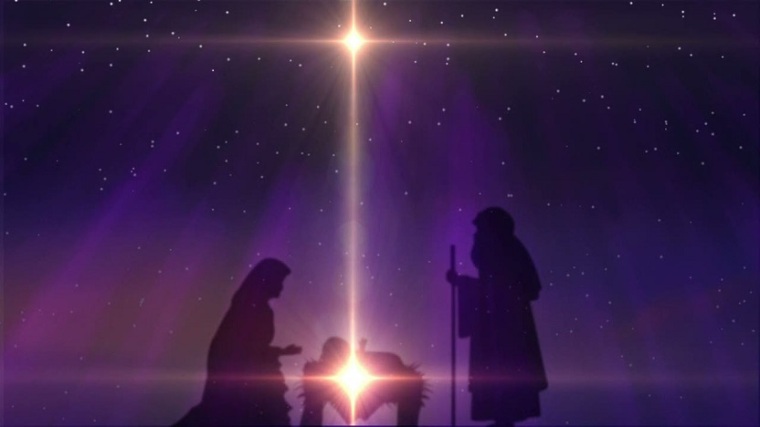Best-selling author Rabbi Jonathan Cahn reveals Christ's real birthday

HOUSTON, Texas (Christian Examiner) -- Jonathan Cahn the Messianic Jewish Rabbi best known for his best selling books "The Harbinger" (2012) and "The Mystery of the Shemitah," (2014) has now released a documentary film called The Mishkan Clue" -- a quest to solve the mystery of the date of Christ's birth.
In "The Mishkan Clue," Cahn rules out the traditional season for celebrating the occasion and makes a case for why knowing the actual date matters, focusing on the biblical passage that "shepherds were in their fields watching," as key to identifying when Christ actually was born.
Cahn considers a variety of material circumstances to pinpoint a time for Jesus to have been born, but ultimately decides a springtime delivery is the best fit with the details of the account beacuse it is Israel's "lambing season."
"Only in the lambing season do shepherds watch their flocks by night," Cahn says. In late March and and early April the shepherds would watch for lambs being born in the fields, he explains. "So here they are, out looking for lambs to be born and who do they find? The Lamb of God."
Leo Hohmann outlines Cahn's arguments in a post on WND Diversions, focusing on how Jewish observances coincide with key moments in the life of Christ:
-- Passover lines up with Jesus' death.
-- He rose on the Feast of First Fruits, and created the Church with the sending of his Holy Spirit on Shavuot or Pentecost.
-- The Feast of Trumpets or Rosh Hashanah foretells the Messiah's second coming.
So looking for a Jewish holiday in the spring that would fit with the Messiah's birth, Cahn settles on Nisan 1, because it sympolizes a new beginning.
Most scholars agree that the present tradition of celebrating Jesus' birth in December dates back to Emperor Constantine and his desire to coopt the Roman holiday of Saturnalia, a pagan celebration that includes a sacrifice to Saturn, a public banquet, gifts and a carnival-like atmosphere.
But Cahn's point is not political or religious or even academic, but relational.
He emphasizes that Christmas is a time to celebrate "God joining Himself to your life."
"Your life was meant to be like this tabernacle, filled with the glory of God. In that place is the fullness of your healing, in that place comes your emotional healing, your joy, your shalom, your destiny."
In other words, Jesus is the reason for the season.